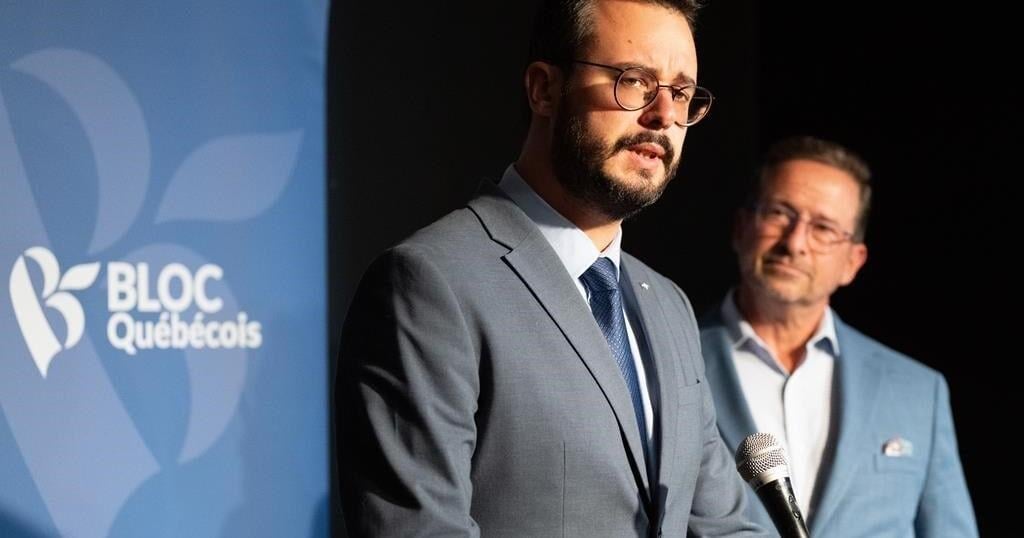MONTREAL – The Bloc Québécois dealt a painful blow to Prime Minister Justin Trudeau in Monday’s byelection, winning the Liberal stronghold of LaSalle-Émard-Verdun by 248 votes. Here are five things to know about the Montreal riding.
1. It’s existed since 2015
The riding is located southwest of downtown Montreal, and includes parts of the boroughs of Verdun, LaSalle, and the Sud-Ouest. It was created ahead of the 2015 election, and was originally named LaSalle-Verdun. Liberal David Lametti, who was justice minister from 2019 to 2023, held the riding from its creation to his resignation earlier this year.
2. It’s been home to political heavyweights
The riding, in both its past and current forms, has been represented by a number of prominent politicians including former prime minister Paul Martin, who held the LaSalle-Émard riding for 20 years, from 1988 to 2008. Liza Frulla, who held several cabinet posts in Martin’s government, represented the former district of Jeanne-Le Ber, parts of which are in the territory of LaSalle-Émard-Verdun.
3. It’s considered a Liberal stronghold, but parts of it have changed hands before.
LaSalle-Émard-Verdun has been described as a Liberal stronghold, and sections of it have been staunchly Liberal for decades. However, Jeanne-Le Ber was won by three different parties during its existence — between 2004 and 2015 — including the Liberals, NDP and the Bloc Québécois, which held it from 2006 to 2011. Both Jeanne-Le Ber and LaSalle-Émard voted NDP during the so-called “orange wave” of 2011.
4. It’s linguistically mixed
More than 55 per cent of residents reported speaking French most often at home, compared to just over one-quarter who reported speaking English, and 12.5 per cent who spoke a non-official language, according to census data reported by the Libary of Parliament. Spanish, Mandarin and Italian are among the most frequently spoken languages besides English and French.
5. Bloc Québécois gains
The Bloc’s Louis-Philippe Sauvé earned 28 per cent of the vote in a tight three-way battle over Liberal Laura Palestini, who finished second, and the NDP’s Craig Sauvé, who was third. The win represents a rise in the fortunes of the Bloc since the last election in 2021, when the party’s candidate finished a distant second to Lametti in the riding. The party’s only other seat on the Island of Montreal is La Pointe-de-l’Île, in the east end, held by Mario Beaulieu. The Bloc now has 33 seats in Parliament.
This report by The Canadian Press was first published Sept. 17, 2024.
